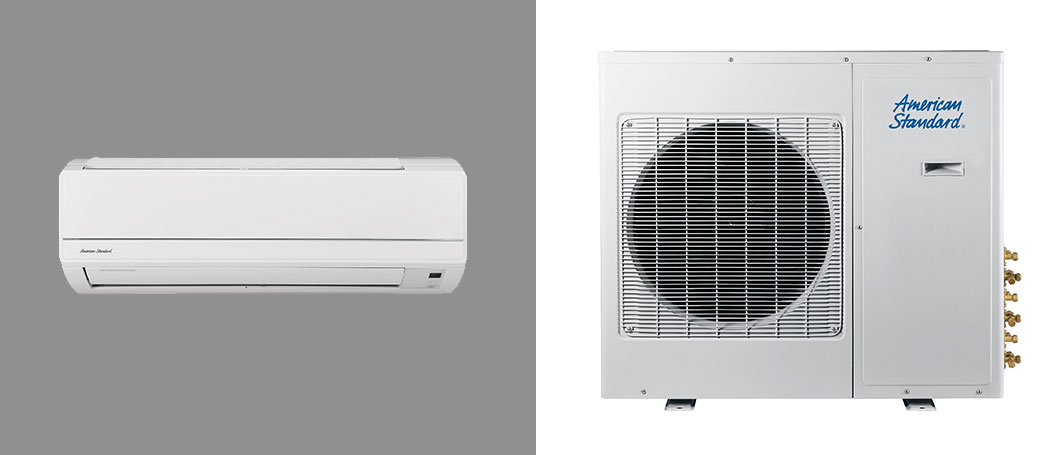What is the Difference Between Central Air and a Heat Pump?
April 2, 2020
Categories: General HVAC As summer approaches, you may be looking into a new way to cool your home or business. However, with many HVAC choices on the market today, it’s often hard to determine the right unit to invest in. That’s why it’s important to know what options are available when it comes to deciding which type of HVAC system is right for you.
As summer approaches, you may be looking into a new way to cool your home or business. However, with many HVAC choices on the market today, it’s often hard to determine the right unit to invest in. That’s why it’s important to know what options are available when it comes to deciding which type of HVAC system is right for you.
Let’s start by understanding how central air units and a heat pumps work in a home or business.
Central Air
Central air units, or air conditioners are powered by electricity. When used as an air conditioner, it cools by cycling refrigerant through its system and delivering chilled air through ductwork. You can think of it as a giant refrigerator for your home or commercial building. It employs the same types of components, materials, and systems as a refrigerator, including a refrigerant that changes from liquid to gas and back to liquid as it travels through a system of tubes and coils or fins that collect and give off heat.
As it goes through this cycle, the central air unit gathers heat from one place and transfers it to another. At the same time, it creates cold in one place and delivers that chill to another. The unit distributes the cooled air through an air handler that uses a blower to push the chilled air throughout a home or business.
However, during hot summer months central air units can use a lot of energy to keep your home or business cool, which can lead to high utility bills. If you live in a climate that does not experience extreme cold temperatures, a different solution may be more cost-effective, like a heat pump.
Heat Pump
A heat pump is a widely considered energy-efficient alternative to a traditional furnace/air conditioning HVAC solution. Like a central air unit, a heat pump uses electricity and cools your home or business by channeling the air to a refrigerant for cooling, then dispersing it to desired locations.
However, heat pumps provide both cooling and heating to a home or business in one compact unit. A heat pump achieves this by pulling heat out of its surroundings and moving heat, rather than generating heat. Where the heat pump gets the initial heat depends on the type of unit.
There are three main types of heat pumps:
- Air-to-air
- Geothermal heating
- Water source
By drawing heat from the air, ground or a nearby water source, heat pumps can dramatically cut down on the amount of energy needed to convert the air into cool or warm air. This is because they draw upon existing temperatures present at the source. This is good news for locations with mild climates; not so good news for locations that experience the extreme cold.
Central Air vs. Heat Pump
Central air and heat pump HVAC solutions both have their upsides and downsides. Without a doubt, there are a lot of positive reasons to choose a heat pump:
- Heating/Cooling from one unit
- HVAC solution for buildings without duct work
- Provide zoned heating/cooling (heat/cool rooms at different temperatures)
However, central air is better for climates that experience extreme cold. Heat pumps are just not able to keep buildings warm enough when the temperature is consistently below freezing. In these types of climates, central air paired with an energy efficient furnace is the best solution.
No matter the type of HVAC system you determine is best, make sure you know the facts and speak with a professional company that provides heating and cooling services. As one of the leading quality heating and cooling service providers, we’re more than happy to answer any questions you may have! Fill out our simple contact form for more information or give us a call at 1-877-358-0033.

